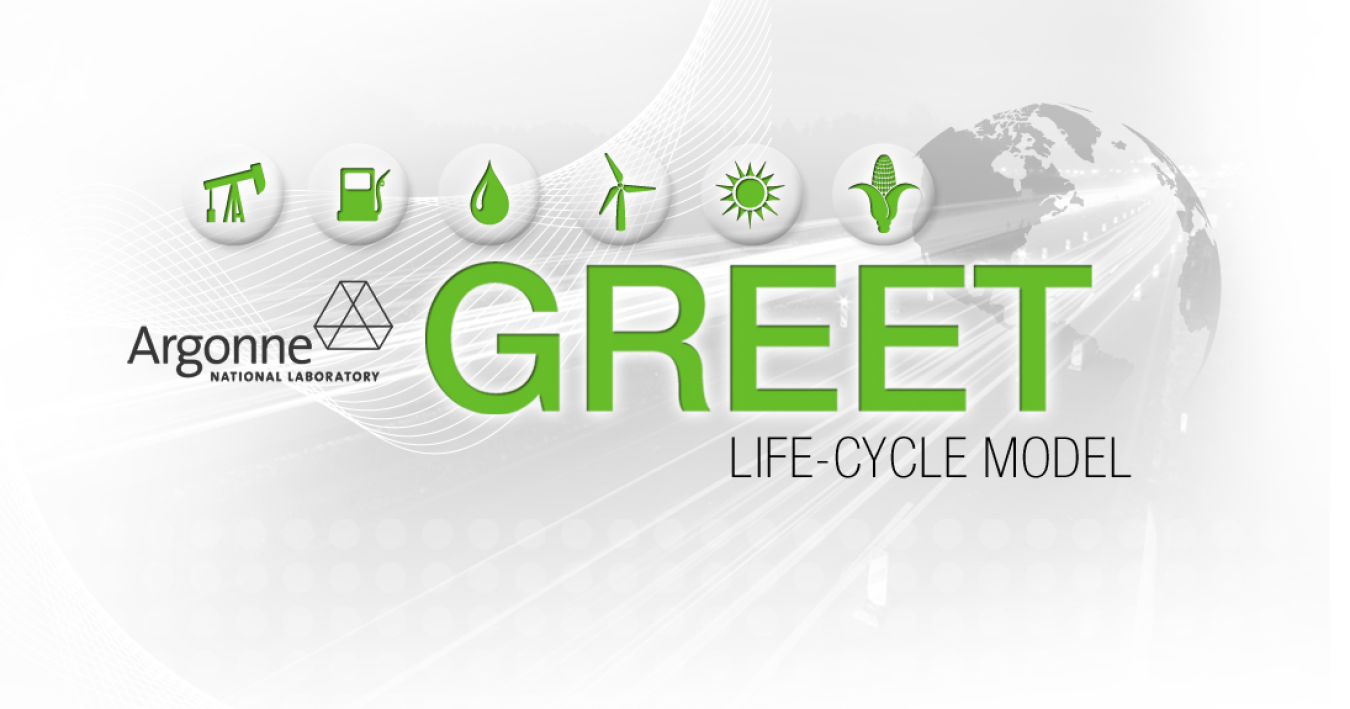The Greenhouse gases, Regulated Emissions, and Energy use in Transportation (GREET) model allows researchers and analysts to fully evaluate the energy and emission impacts of advanced vehicle technologies and new transportation fuels. Argonne National ...
November 23, 2015
The Greenhouse gases, Regulated Emissions, and Energy use in Transportation (GREET) model allows researchers and analysts to fully evaluate the energy and emission impacts of advanced vehicle technologies and new transportation fuels. Argonne National Laboratory recently released a new version of GREET, funded in part by the U.S. Department of Energy’s Bioenergy Technologies Office.
In this update, Argonne expanded the GREET model to include a new route to drop-in hydrocarbon, high-octane fuels; expanded catalyst and bioproduct modules; an update of combustion equipment emission factors; and new data on land management change effects on stover-derived biofuel life-cycle gas emissions.
- The new drop-in hydrocarbon fuel route is based upon newly published research and has the flexibility of different feedstock options—poplar, forest residues, switchgrass, and construction and demolition waste.
- In the expanded catalyst module, users can pull from more than 45 material inputs to build their own catalyst. Data for molybdenum, nickel, zinc, and platinum were updated. The bioproducts module was expanded to include lactic acid and ethyl lactate.
- The update of combustion equipment emission factors is based on data from environmental permits for biomass boilers and reflects an improved understanding of black carbon emissions from biomass boilers that could be used in processes to produce cellulosic ethanol.
- For understanding land management practices, GREET now enables users to investigate at a county level how land management changes (cover crop adoption, manure application) in corn-soy systems with corn stover removal influence life-cycle gas emissions of corn grain and corn stover ethanol by changing soil carbon levels.
See the GREET website for a full list of updates. Expanding GREET to address important issues in biofuel life-cycle analysis is part of the Bioenergy Technologies Office’s Strategic Analysis and Sustainability Program, which conducts analysis and research to understand and enhance the environmental, social, and economic benefits of bioenergy production while mitigating concerns. These efforts are critical to achieving BETO’s overall goals to develop commercially viable biofuels.

